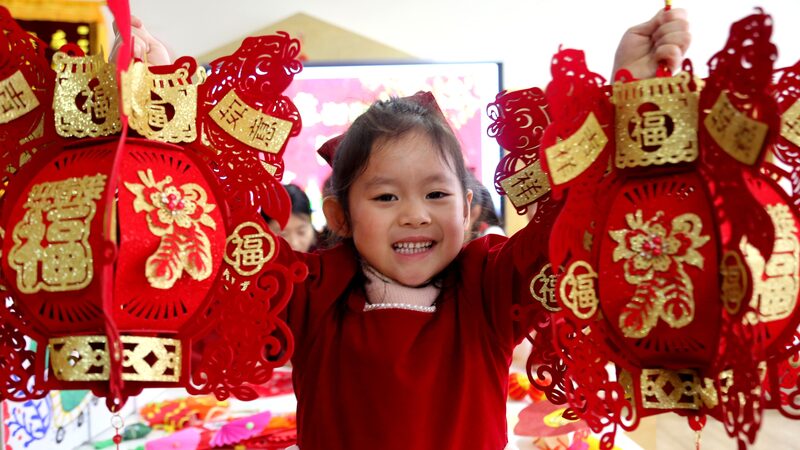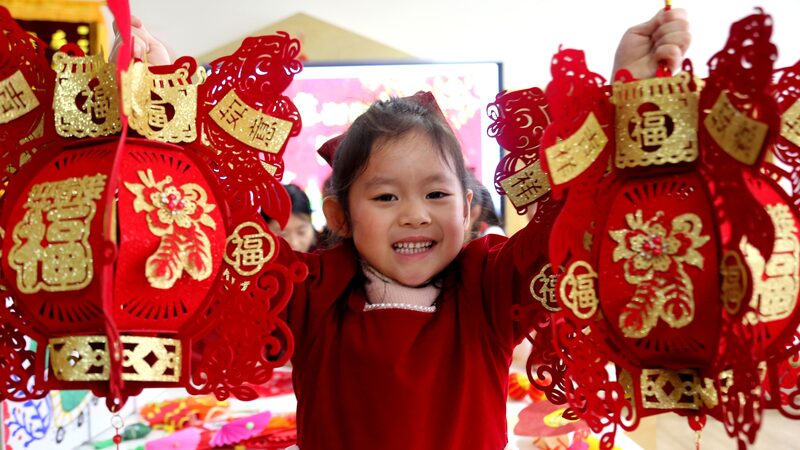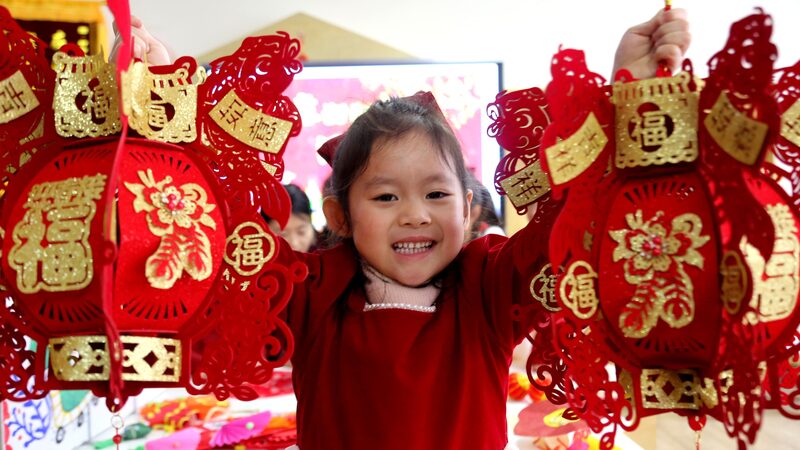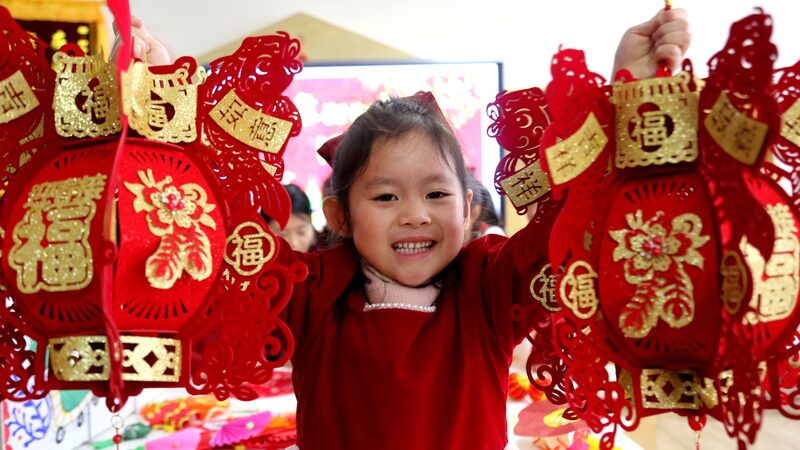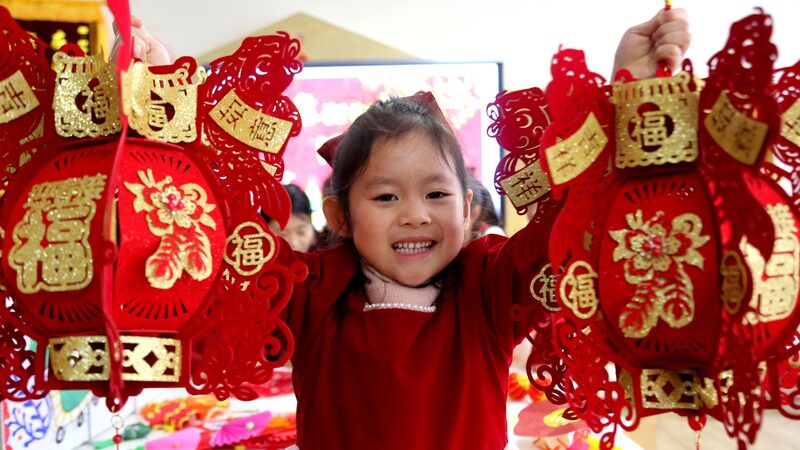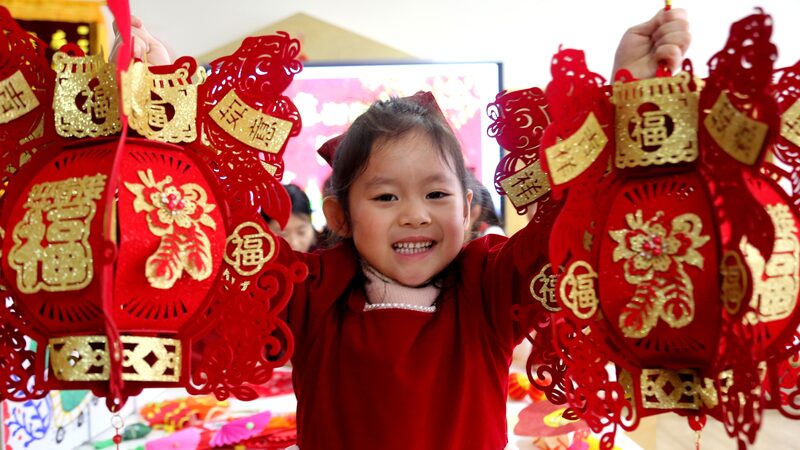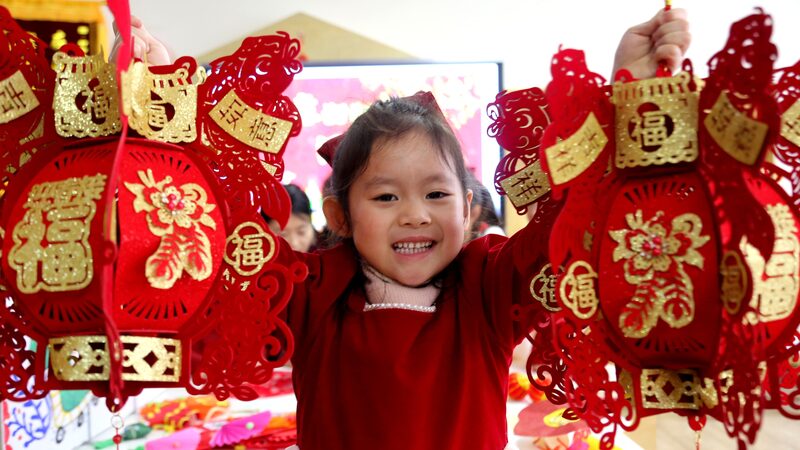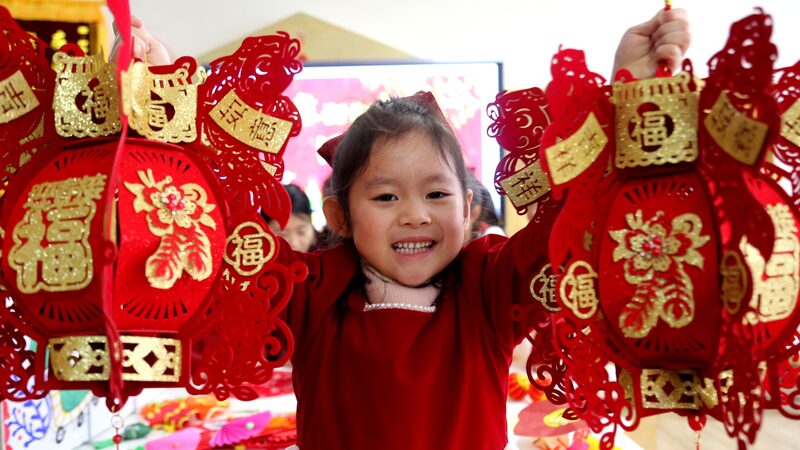At 5:30 a.m., the bustling Shenzhen North Railway Station is alive with travelers eager to reunite with loved ones for the Spring Festival. Among them is Wang Hui, a mother journeying with her family. She is waiting to board the first high-speed train departing at 6:08 a.m. to Xi'an City in northwest China.
\"I've been in Shenzhen since university, and now I have my own family, but every year, as the Spring Festival approaches, I can't help but feel the pull of home,\" Wang said, her eyes reflecting both excitement and nostalgia.
Despite having established a life in the dynamic metropolis of Shenzhen, Wang's yearning for her hometown during the Spring Festival underscores a common sentiment shared by many Chinese during this special time.
Another traveler, Ms. Zhong, is heading back to Chenzhou in central China's Hunan Province. Having lived in Shenzhen for over a decade, she acknowledges the city's rapid growth but admits that it hasn't diminished her feelings of homesickness during the festival.
\"I've planned this trip for a month. The Spring Festival is when you want to be with family and embrace the traditions that connect us,\" Zhong shared, her anticipation palpable.
As China's most significant traditional holiday, the Spring Festival, also known as Chinese New Year, prompts one of the world's largest annual human migrations. Millions of people across the country embark on journeys to reunite with family, honoring age-old customs and celebrating new beginnings.
This year, the travel rush is expected to reach record-breaking numbers, reflecting both the importance of familial bonds and the nation's impressive transportation infrastructure that makes such massive movement possible.
The scenes at Shenzhen North Railway Station are a microcosm of a nation on the move—individual stories of anticipation, love, and the enduring pull of home. For Wang Hui, Ms. Zhong, and countless others, the journey is more than just physical; it's a heartfelt return to roots and tradition.
Reference(s):
China's Spring Festival: Record-breaking travel, cultural feast
cgtn.com
